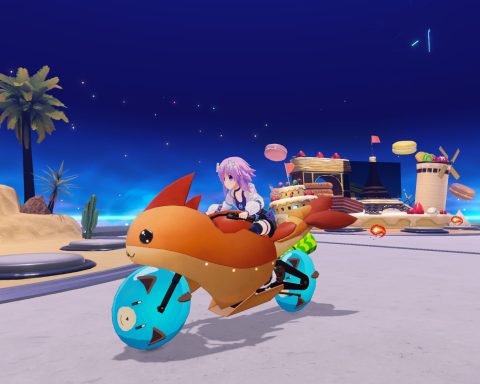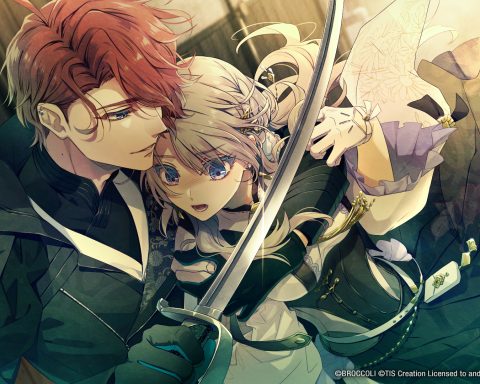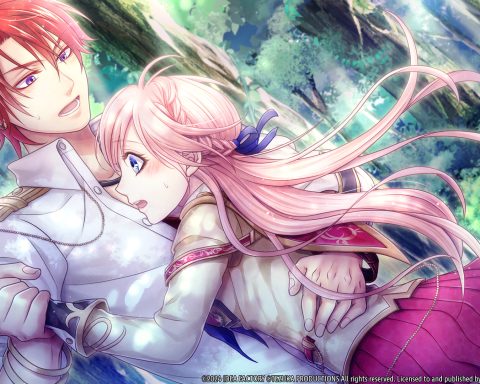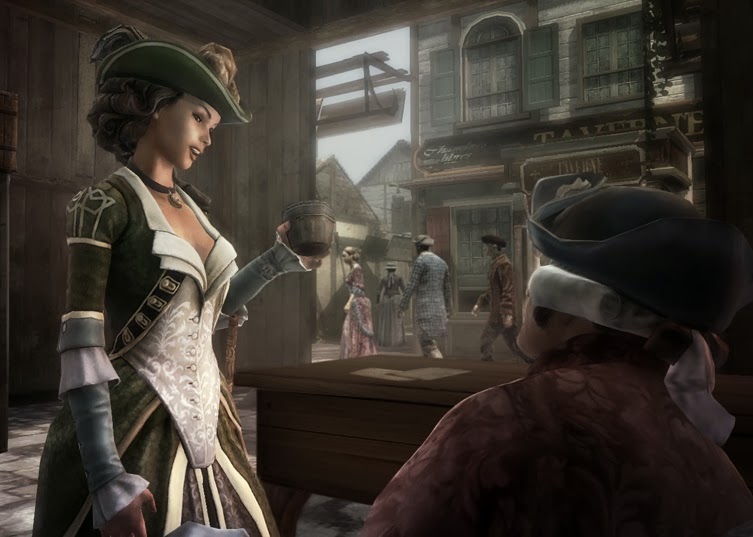 Review by Matt S.
Review by Matt S.
It’s a shame that Ubisoft decided to Assassin’s Creed Liberation’s hero, Aveline, on a portable game. While the original Vita release was a fine game in its own way, it was clear that this game didn’t have the production budget of the “real” Assassin’s Creed games.
And so Aveline, despite having the potential to be one of the most compelling female characters ever designed, is relegated to a B-grade personality within an AAA-grade franchise. It’s very much a metaphor for the games industry in general. Still, Aveline’s game is on a popular console now at least, giving more people a chance to experience her adventure, and hopefully Liberation in HD proves popular to justify more games starting female assassins like this one in the future.
It’s not the greatest game, though, so I suspect it will be fighting against the grain to achieve significant sales. The game’s flaws, which were present on the Vita, are magnified in HD. Cut scenes and narrative development, which were kept deliberately brief to fit in with the handheld philosophy of short bursts of play, feel simply underdone on the big TV… especially in comparison to the luxurious and indulgent narratives of both Assassin’s Creed 3 and 4.

Aveline has all the skills available to her that her male counterparts have, and in the missions themselves Liberation feels very much like the classical Assassin’s Creed experience. Aveline finds herself free running across buildings, sneaking by hordes of enemies, and working hard to avoid enemies as Connor and Ezio would do at the height of their powers. She has, in fact, a couple of extra weapons at her disposal, such as the ability to adopt three different guises. At will Aveline can become a high class lady, a slave girl, or a traditional assassin, and each guise grants her a different set of skills and abilities. The lady, for instance, can charm hapless men into doing her bidding.
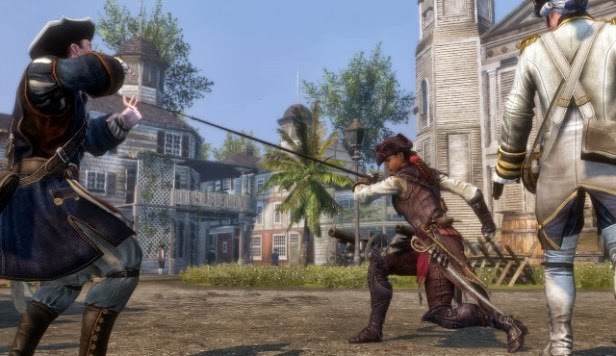
For all those criticisms though, there is so much to love about Liberation, and in fact it’s one of my favourite Assassin’s Creed games ever. Aveline is underdeveloped as a character, but what glimpses we get of her character are enough to know that she’s a honourable and likable hero, with a genuine streak of personal strength and a righteousness that makes her far more attractive than Black Flag’s self-serving Edward Kenway.
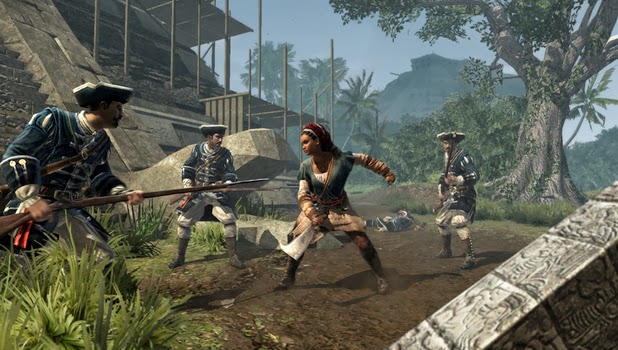
Because Liberation doesn’t outstay its welcome (it’s over in a fraction of the time of a “full” Assassin’s Creed game, and just long enough to justify its budget price on console), the game’s flaws don’t really have time to set in. So, while the experience doesn’t feel like it cost $100 million to produce, it doesn’t feel like a bad game by any means. And with a stable platform to play on, Aveline’s character shines through as something special and unique to the franchise.
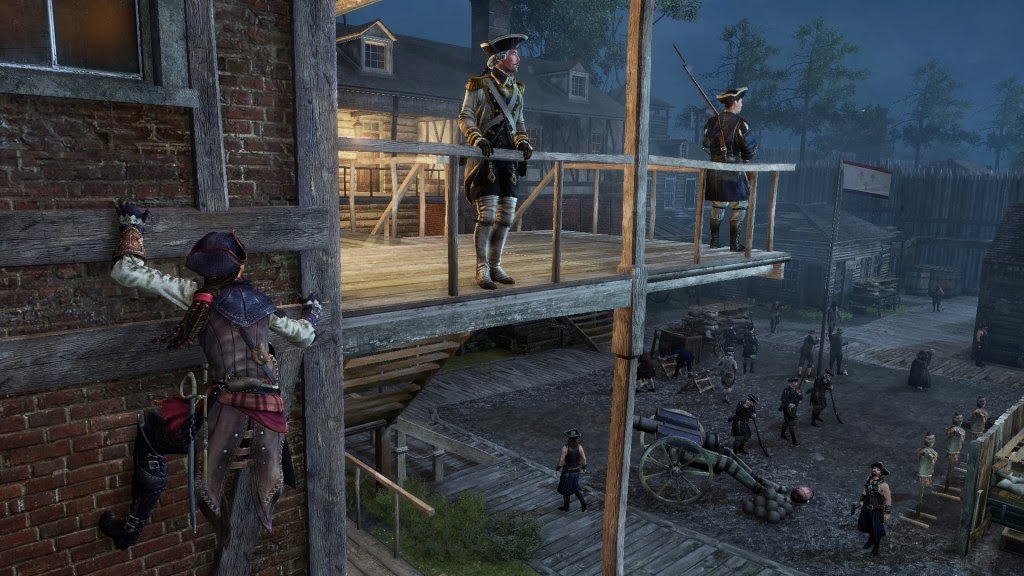
Most importantly from my perspective, Aveline is the most worthwhile female lead character since Ubisoft’s own Jade from Beyond Good & Evil. There’s no sexualisation or exploitation in her character, and yet by the same token Aveline is very much a woman, not an gender-neutral character or a male-in-woman-form which many seem to mistake as “strong” female roles. Characters like Avaline are so uncommon in this industry that it truly amazes me that a B-grade Assassin’s Creed game manages to do it where so many AAA-games have failed to come even close.
– Matt S.
Editor-in-Chief
Find me on Twitter: @digitallydownld




